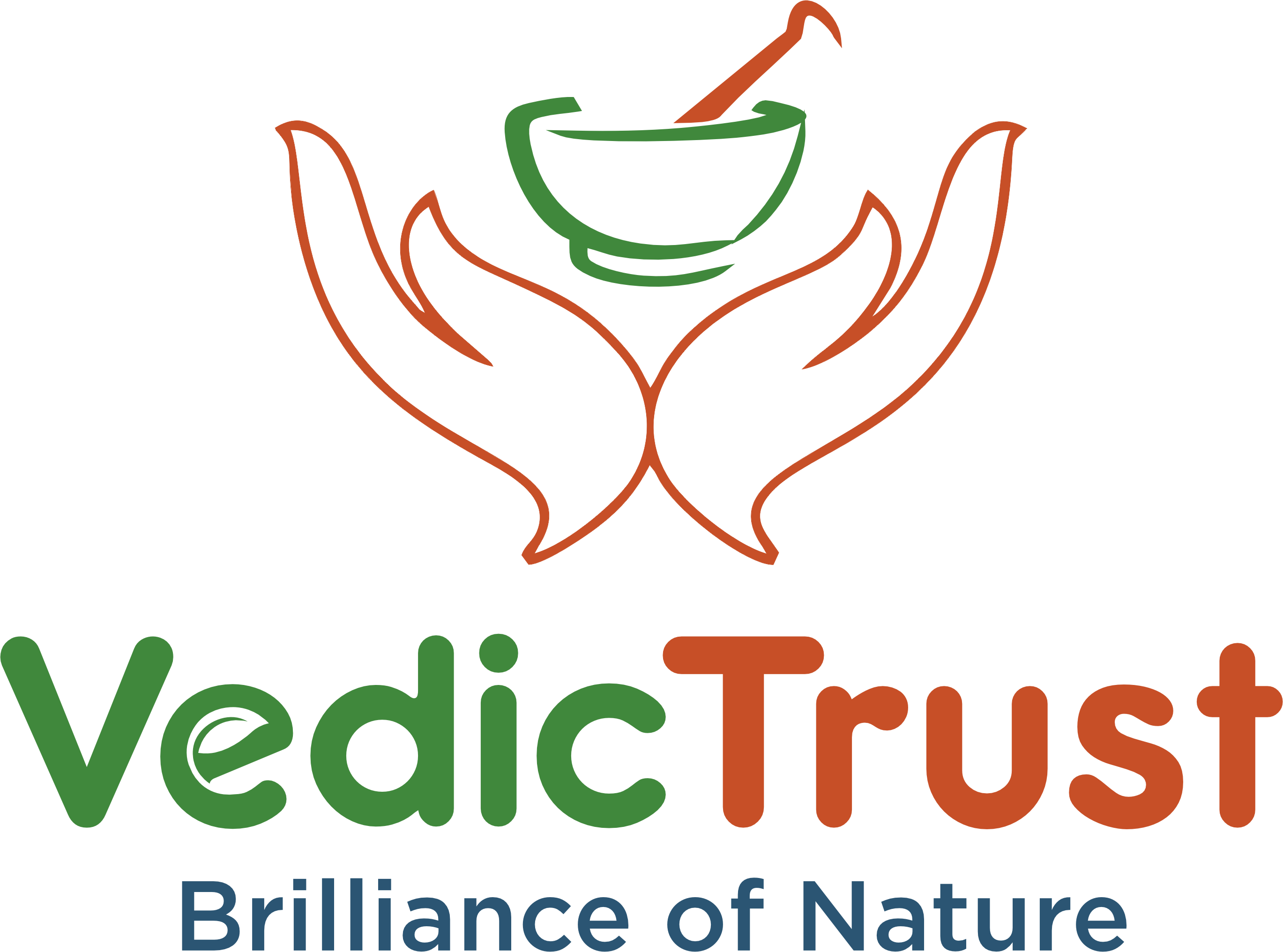Red, scaly patches appear on the skin as a result of psoriasis, a chronic autoimmune disease. These itchy, painful patches frequently appear on the lower back, scalp, knees, and elbows. Psoriasis is thought to be caused by an overactive immune system that causes skin cells to grow quickly, though the precise cause is still unknown. Stress, environmental triggers, & genetic factors can all contribute to the onset and aggravation of psoriasis.
Key Takeaways
- Psoriasis is a chronic skin condition characterized by red, itchy, and scaly patches that can be effectively managed with Ayurvedic remedies.
- Ayurveda views psoriasis as a result of imbalances in the body’s doshas and aims to restore harmony through natural treatments.
- Ayurvedic remedies for psoriasis include herbal ointments, dietary changes, lifestyle modifications, and supplements to support overall health.
- A holistic approach combining various Ayurvedic remedies can provide gentle and long-lasting relief from psoriasis symptoms.
- By incorporating Ayurvedic principles into daily life, individuals can effectively manage psoriasis and promote overall well-being.
Although each person’s symptoms of psoriasis are unique, common ones include red skin patches covered in silvery scales, dry, cracked skin that may bleed, burning and itching sensations, stiff, swollen joints, and thick, ridged nails. Because it can lead to physical discomfort, emotional distress, & problems with self-esteem, psoriasis can significantly affect a person’s quality of life. To control their symptoms and enhance their general wellbeing, people with psoriasis must look for efficient treatment.
The traditional Indian holistic medicine known as Ayurveda provides a mild and efficient way to treat psoriasis. Ayurvedic principles state that psoriasis is brought on by an imbalance in the body’s doshas, specifically the Vata and Kapha doshas. Toxin buildup from this imbalance can result in skin conditions like psoriasis.
The main goals of Ayurvedic psoriasis treatment are to detoxify the body, balance the doshas, and enhance general health and wellbeing. Herbal treatments, dietary adjustments, lifestyle adjustments, and stress-reduction methods are frequently combined in Ayurvedic treatments for psoriasis. These all-natural treatments seek to alleviate the symptoms of psoriasis while addressing its underlying cause. An individualized approach to healing is ensured by ayurvedic practitioners who tailor treatment regimens based on each patient’s particular constitution & imbalances. Ayurveda provides a comprehensive & long-lasting approach to treating psoriasis by addressing the body’s underlying imbalances. In order to calm the skin, lessen inflammation, and encourage skin regeneration, ayurvedic treatments for psoriasis use the therapeutic qualities of numerous herbs, plants, and natural substances.
| Title | Topics |
|---|---|
| Heal Your Psoriasis Naturally with Ayurvedic Remedies | Gentle and Effective Treatment |
| Understanding Psoriasis: Causes and Symptoms | |
| Ayurvedic Approach to Treating Psoriasis | |
| The Power of Ayurvedic Remedies for Psoriasis | |
| Natural Healing: Ayurvedic Ointments for Psoriasis | |
| Lifestyle Changes for Managing Psoriasis with Ayurveda | |
| Ayurvedic Diet and Supplements for Psoriasis Relief | |
| Holistic Healing: Combining Ayurvedic Remedies for Psoriasis |
An important component of psoriasis ointments and creams, neem (Azadirachta indica), a herb that is highly valued in Ayurveda, is recognized for its strong anti-inflammatory and antimicrobial qualities. Because of its anti-inflammatory and antioxidant properties, turmeric (Curcuma longa) is another important herb used in Ayurvedic treatments for psoriasis. To get rid of toxins from the body, Ayurveda also stresses internal cleansing & detoxification in addition to topical treatments. This could include taking herbal supplements to help with digestion, liver function, and blood purification, like triphala or guggul.
Ayurvedic treatments for psoriasis address the underlying imbalances that cause the condition, which promotes long-term healing and symptom relief. Natural ingredients that have been used for centuries to treat skin conditions and encourage healing are used in the formulation of Ayurvedic ointments for psoriasis. Herbs with anti-inflammatory, antimicrobial, and skin-soothing qualities, including neem, turmeric, aloe vera, and licorice, are frequently combined in these ointments.
Applying these herbal ointments topically can help lessen the scaling, redness, and itching that come with psoriatic plaques. A neem-based cream enhanced with calming oils like coconut or sesame oil is an example of an Ayurvedic ointment for psoriasis. Neem is a great option for treating the underlying microbial factors linked to psoriasis while relieving itching & irritation because of its antibacterial & antifungal qualities. Likewise, ointments containing turmeric can soothe irritated skin and promote the body’s natural healing mechanism.
These natural solutions provide a mild yet efficient substitute for traditional topical psoriasis treatments. Ayurveda stresses the significance of lifestyle changes in managing psoriasis, in addition to herbal remedies. The psychological and physical effects of psoriasis can be lessened with the use of stress-reduction methods like yoga, meditation, and deep breathing exercises.
In order to enhance circulation, aid in detoxification, and advance general wellbeing, Ayurveda also advocates for regular exercise. In addition, people with psoriasis are recommended to stay away from things that can make their symptoms worse, like smoking, binge drinking, and particular foods. Ayurvedic psoriasis management must include controlling stress levels & keeping a regular sleep schedule.
People’s psoriasis symptoms can significantly improve by embracing a holistic lifestyle that promotes harmony & balance within the body. foods to stay away from. Acidic fruits, red meat, processed foods, refined sugars, and spicy foods are some examples.
Emphasizing foods. To improve general health and lessen inflammation in the body, a diet high in fresh fruits and vegetables, whole grains, lean meats, healthy fats, and warming spices is advised. supplements with an Ayurvedic base. To aid the body’s natural healing processes, Ayurvedic supplements may be recommended in addition to dietary changes.
To alter the immune system & lessen psoriasis-related inflammation, herbal remedies that combine anti-inflammatory herbs like ashwagandha, guduchi, and shatavari may be suggested. Ayurvedic holistic healing addresses the mental, emotional, and physical facets of health by combining various modalities. Panchakarma, a thorough cleansing and rejuvenation program that uses a variety of therapeutic interventions to remove toxins from the body, may be combined with herbal remedies in the treatment of psoriasis. To enhance general wellbeing and reduce the stress linked to psoriasis, Ayurvedic practitioners may also suggest particular yoga asanas (postures) and pranayama (breathing exercises) based on a person’s constitution. For those with psoriasis, Ayurveda provides a holistic approach to healing that goes beyond symptom management to support long-term wellness by addressing the interconnectedness of mind, body, & spirit.
In summary, by treating the underlying imbalances in the body & relieving its symptoms, Ayurvedic treatments offer a gentle yet efficient method of managing psoriasis. Ayurveda enables people with psoriasis to attain long-lasting improvements in their skin health and general well-being through individualized treatment plans that include herbal remedies, dietary adjustments, lifestyle changes, stress management strategies, and holistic healing modalities.
 Free shipping
Free shipping 


